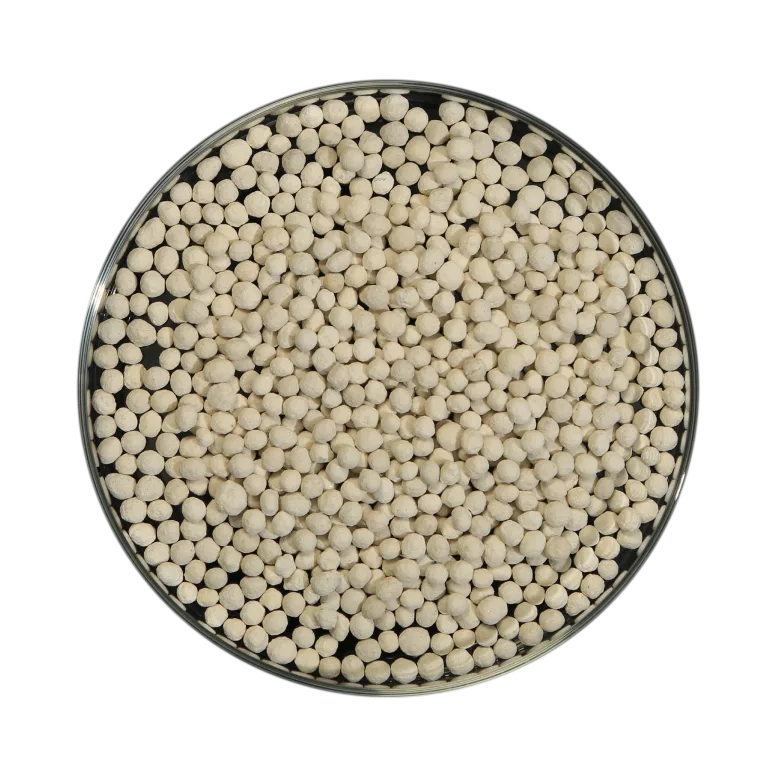


Talc Base Bio Fertilizer Granule
Rhizobium establishes an endosymbiotic nitrogen-fixing relationship with the roots of legumes. The bacteria inhabit plant cells within root nodules, where they convert atmospheric nitrogen into ammonia and supply organic nitrogen compounds to the plant. In return, the plant supplies organic compounds to the bacteria produced through photosynthesis. Additionally, since this product is talc-based, it enhances its overall effectiveness and shelf life to optimal levels.
| Parameter | Details | |
|---|---|---|
| Base | Granule | |
| Viable Cell Count | CFU minimum 5 x 107 cell/g | |
| Contamination Level | No contamination at 105 dilution | |
| pH | 5.0 – 7.0 | |
| Efficiency Character | Should show effective nodulation on all the species listed on the packet and there should be minimum of 25% increase in dry matter yield in test plant, after 25 days after sowing (DAS) when tested as per the method given under controlled condition. | |
-
Nitrogen Fixation:
Rhizobium bacteria can fix atmospheric nitrogen by converting it into ammonia, which leguminous plants can utilize. This significantly reduces the dependency on synthetic nitrogen fertilizers, lowering costs and minimizing environmental pollution. -
Enhanced Plant Growth:
The symbiotic relationship between Rhizobium and leguminous plants promotes improved vegetative growth, stronger root development, and increased overall plant health and yield due to a continuous nitrogen supply. -
Improved Soil Fertility:
Nitrogen fixation enriches the soil with usable nitrogen, benefiting not just legumes but nearby non-leguminous plants as well. This contributes to better overall soil fertility and ecosystem productivity. -
Reduced Environmental Impact:
By minimizing the use of synthetic nitrogen fertilizers, Rhizobium helps decrease water pollution and greenhouse gas emissions, supporting more sustainable farming practices. -
Lower Cost Input:
Farmers can save significantly on fertilizer expenses by utilizing Rhizobium, as it naturally supplies nitrogen to crops, reducing the need for chemical fertilizers. -
Disease Suppression:
Rhizobium exhibits biological control properties that suppress certain plant pathogens, enhancing crop health and reducing the reliance on chemical pesticides. -
Drought Tolerance:
By promoting deeper and more developed root systems, Rhizobium enhances a plant’s ability to absorb water efficiently, increasing tolerance to drought and dry conditions.
Recommended Crops
Gram, lentil , pea, pigeon pea, Soyabean, green gram, black gram , ground nut etc.
Recommended Application
- Soil Application
Dosage:
50 Kgs to 100 Kgs/Acre
Packaging:
50 Kgs HDPE Bags


 Share On Whatsapp
Share On Whatsapp

